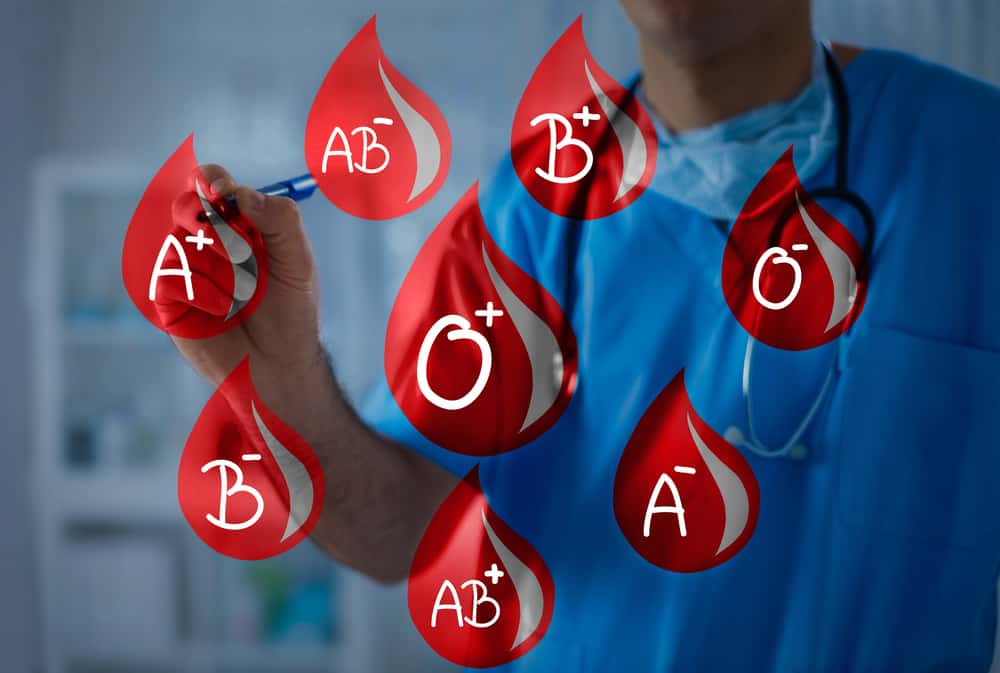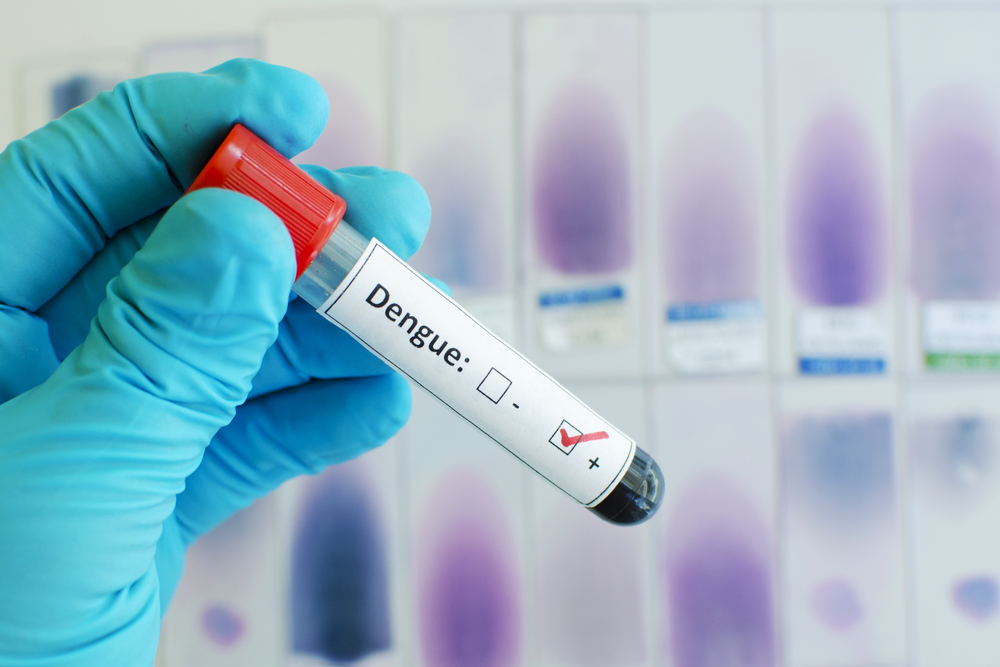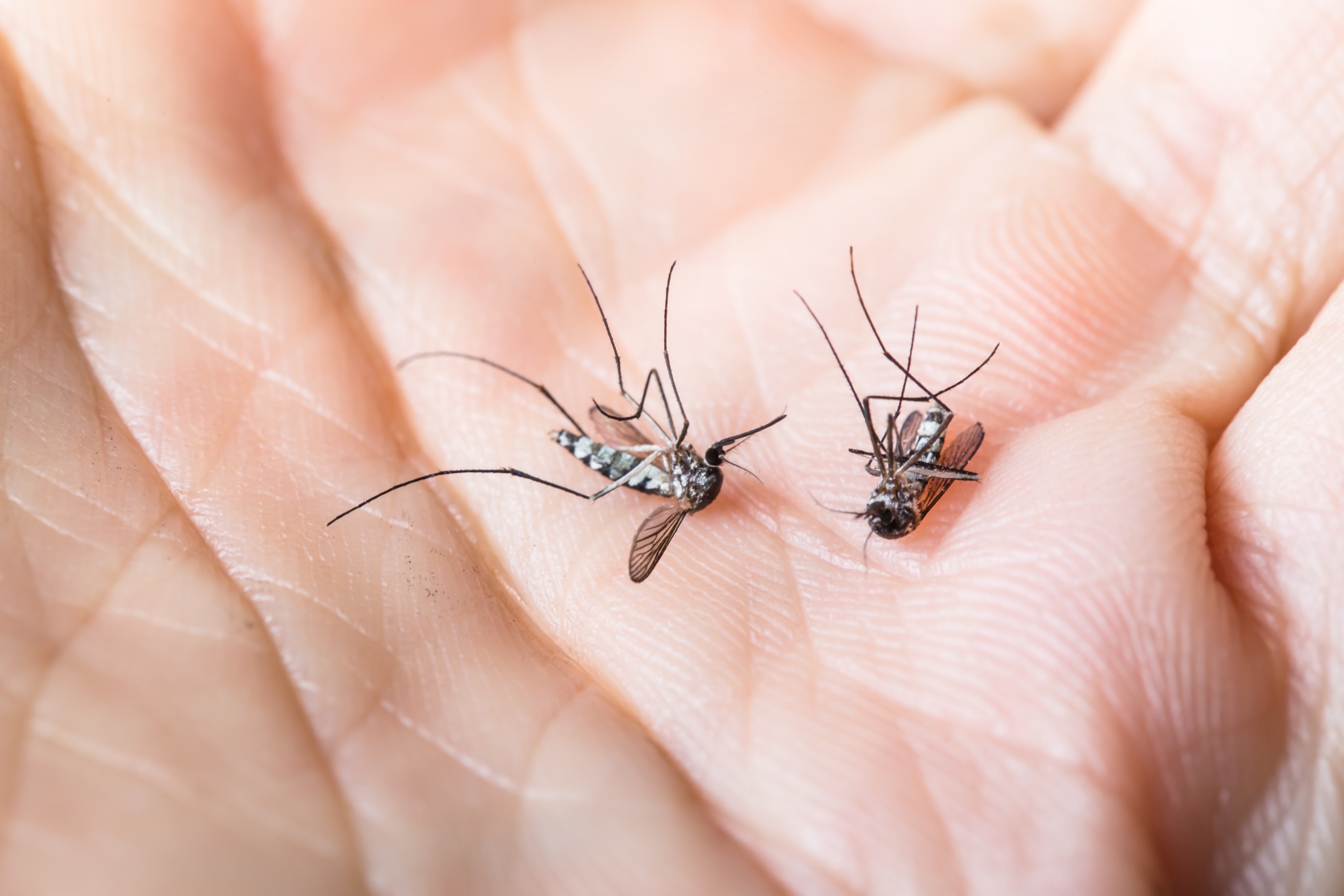Contents:
- Medical Video: Bro. Sanchez - Blood Types & The RH Rheuses Monkey Theory Races / Interracial
- What determines a person's blood group?
- Why do we have to know our own blood type?
- Different blood type, different health risks that are owned
Medical Video: Bro. Sanchez - Blood Types & The RH Rheuses Monkey Theory Races / Interracial
There are four blood groups that we have known so far, namely blood groups A, B, O, and AB. Many people often associate blood type and personality. For example, someone who has blood type A has characteristics that are determined to be strong, creative, logical, quiet, patient, and responsible. People who have blood type B are said to tend to be very confident, selfish, cold, unpredictable, or potentially a workaholic. However, knowing what your own blood type is is not just about playing personality predictions. Your blood type can save your life when it is needed.
What determines a person's blood group?
All blood basically consists of the same components, namely red blood cells, white blood cells, platelets, and plasma. But each blood type has a different type of marker.
These markers are called antigens, a protein found in the outer surface of the pieces of red blood cells. Antigen is there so that the body's immune system can recognize blood cells as a normal part of your own body, so that it is not considered a dangerous foreign object. This antigen is inherited from our parents.
The antigen will then join the antibodies to form a unique molecular combination. The antibodies themselves are found in blood plasma. It is the combination of antigens and antibodies in your blood that determine your blood type. For example:
- Blood type A: has A antigen and antibody B
- Blood type B: has B antigen and antibody A
- Blood type AB: has antigens A and B, but does not have antibodies A or B
- Blood type O: does not have antigen A or B, but has antibodies A and B
Some people also have additional markers in their blood, called rhesus (Rh factor). These additional markers are grouped again as "positive" blood (meaning having an Rh factor) or "negative" (meaning having no Rh factor). For example blood group A + or B-.
However, the presence or absence of these additional markers does not make a person's blood become healthier or stronger. It's just a genetic difference, like having blue eyes or red hair.
Why do we have to know our own blood type?
Antibodies are produced by the body's immune system to act as a protector if foreign cells enter the body. Well, depending on what your blood type is, your immune system will produce different antibodies to react to other blood groups.
Receiving a blood donor that is incompatible with your own blood group can trigger a dangerous immune response. Suppose you accept blood type AB +, even though you are actually A-group (but never knew before). Supposedly, blood type A + can only get donors from groups A- and O-.
Your blood type A antibody is designed only to recognize certain blood components. If your rhesus is negative (Rh-) but getting a blood transfusion with Rh +, your immune system will trigger the production of Rh antibodies which then damage and destroy red blood cells in your body.
As a result, you will experience fever, shivering, and a decrease in blood pressure after getting an incompatible donor. Not only that. Incorrectly getting blood donors can even cause the body's vital system, such as breathing or kidneys, to fail. Blood transfusions that do not match the blood type themselves can also increase the risk of blood clots, or agglutination, which can be fatal.
Therefore, you need to know your own blood type to minimize errors during blood transfusions or help during an accident.
Different blood type, different health risks that are owned
In addition to getting the right donor when you need it, you still need to know your own blood type as a reflection of the risk of illness that you might have.
For example, blood type A is 20% higher risk of stomach cancer than blood group B or O. But the biggest risk of stomach cancer is held by AB blood group, which is 26 percent. In addition, blood type A has the highest risk of heart disease when compared to group O.
Experts have not managed to find a definitive explanation of the relationship between blood groups and the risk of certain diseases. Moreover, each disease also has its own risk factors.
Blood type cannot be changed. However, knowing the potential risks from the outset will greatly help you and your doctor to determine the appropriate preventive and treatment plans for you.












